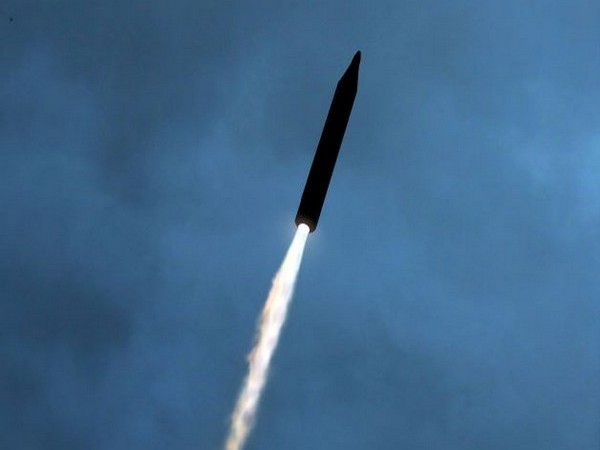

North Korea has launched a suspected ballistic missile, the Japanese Prime Minister’s office said in a statement on Wednesday.
In a post shared on X, formerly known as Twitter, the Japanese Prime Minister’s office in a statement said, “North Korea has launched a suspected ballistic missile. More updates to follow.”
Japanese PM Fumio Kishida ordered authorities to make efforts to gather, analyse and provide adequate information. He said that the authorities should ensure the safety of aircraft, vessels and other assets. He directed officials to take all the measures for precaution, including readiness for contingencies.
In a post on X, the Japanese PM’s Office said, “Dedicate maximum effort to gather and analyze information, and provide the public speedy and adequate information. Ensure the safety of aircraft, vessels, and other assets. Take all possible measures for precaution, including readiness for contingencies.”
Last week, North Korea’s second attempt to launch a spy satellite, Malligyong-1 into orbit failed due to an error in the emergency blasting system in the third stage of the rocket, Korean Central News Agency (KCNA) reported.
North Korea’s KCNA reported that the National Aerospace Development Administration launched the second reconnaissance satellite — Malligyong-1 aboard the new-type carrier rocket Chollima-1 at the Sohae Satellite Launching Ground after the first one failed in May.
“The flights of the first and second stages of the rocket were normal, but the launch failed due to an error in the emergency blasting system during the third-stage flight,” the KCNA report read.
“The NADA said that it would make clear in a short span of time the reason why the emergency blasting system was operated abnormally,” it further added.
Explaining that the cause of the relevant accident is not a big problem in the aspect of the reliability of cascade engines and the system, the NADA said that it will carry out the third reconnaissance satellite launch in October after thoroughly investigating the reason and taking measures.
Earlier, in May, North Korea conducted its first spy satellite but failed to reach the desired place. After the failure, KCNA said that some problems like “serious defects” appeared, and the rocket carrying the spy satellite faced an abnormal firing of its second-stage engine and lost propulsion, adding that “low reliability and stability of the new-type engine system” were the reason behind failure.